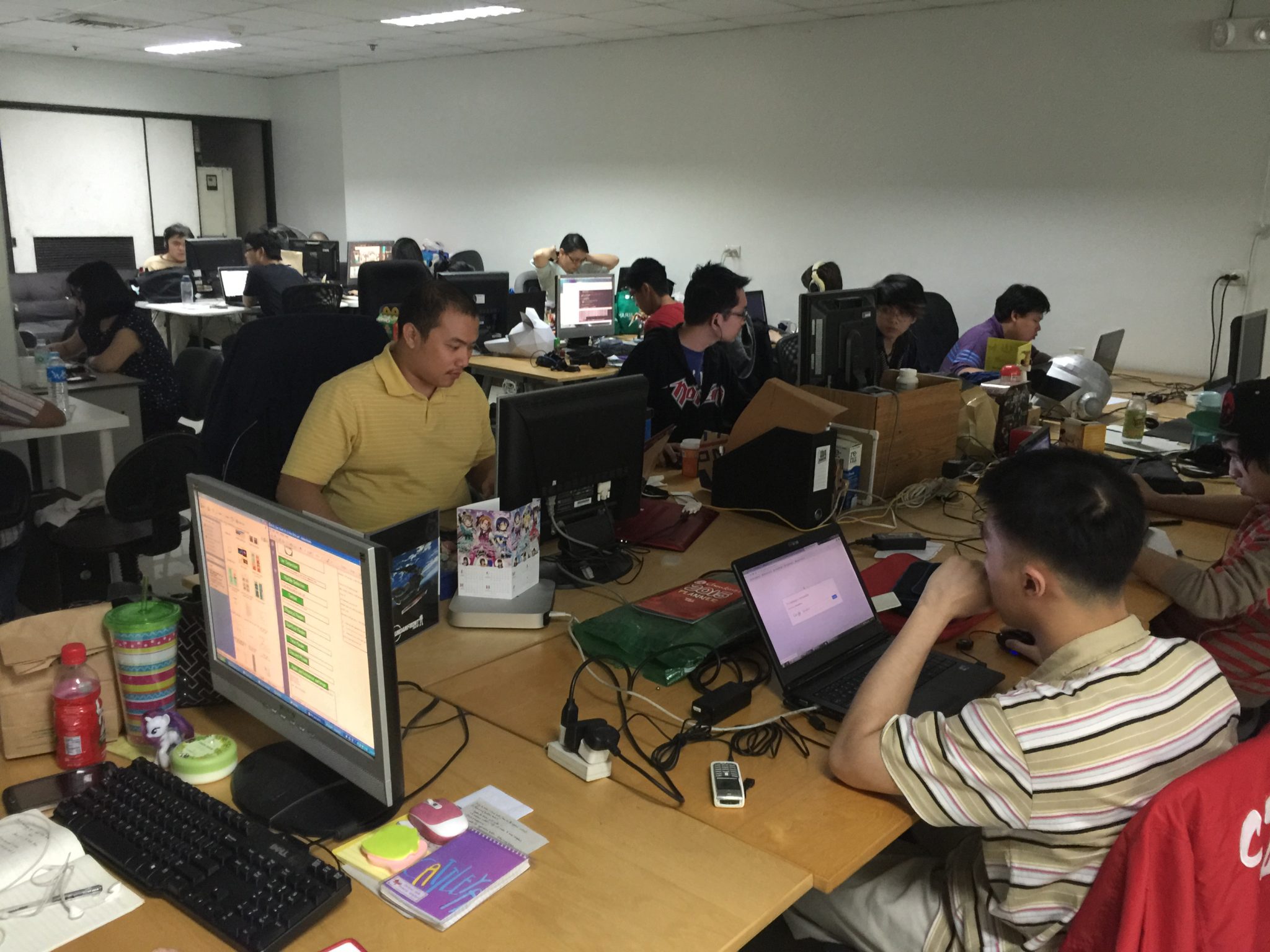It’s actually very easy to hire staff in the Philippines with amazingly productivity, who are paid about $120 a week. These staff members are all educated in English with university degrees. But like anything, there are traps and issues. Most mistakes come from lack of understanding of the critical success factors when getting low-cost employees. If you know what you are doing, the issues are easily overcome.
1. Know the difference between outsourcing and offshoring.
“Outsourcing” is the activity of sending a business process to a third party to complete for you. Sounds attractive. It has worked for the last 20 years for very large systemised “corporate” businesses. Sadly it usually leads to tears when smaller and medium businesses try it. Change is too rapid and the systems of most SME’s are NOT robust enough.
What’s really hitting home-runs is engaging and developing your own people. This is what we call “offshoring”. While virtual home based workers have a place to get REAL SERIOUS PRODUCTIVITY, you need to develop and grow YOUR own TEAM in an office, all sharing the same space, and dedicating a common focus on YOUR business – with YOUR BUSINESS CULTURE. Big wins are being made for any sized business using from a couple of workers to 100’s.
2. Beware of salespeople offering their solution.
They are skilled in the art of making whatever they offer suit you. IT IS ONLY THEM WHO KNOW WHAT THEY OFFER. Unless you understand all the alternatives, do NOT take biased advice. There are about 7 different ways you can engage your staff or services – learn and understand them all before committing to what is right for your business.
3. Recruitment is a critical.
How to match the experience and skills for your needs and how you assess the right fit for you are a little different than in the West. The differences are easy to overloook but it is important to understand those differences. The location in the Philippines may also have an effect on quality of the workers and staff turnover. Understand “where” you can hire, what, and why.
4. Know the skills available.
If you want an Administration worker who is an expert in Xero, who can build websites whilst fielding phone calls – and you cannot find such a person in your home country – well guess what – you will not find them anywhere else. Understand what skills exist – what their strengths are and their weaknesses. The good news is when it comes to core skills that all businesses need, the Philippines can be ahead of many western countries. Pretty well any skills in the West, are available in the Philippines – but with a couple of missing factors. Understanding these discrepancies is critical.
5. Structured systems in business.
Many people are advised that the business must have set structured systems to make offshoring work. The reality is that SME businesses thrive and grow from sharing tacit knowledge mixed with processes that are constantly changing. Finding a way to transfer this to your overseas office and you are on a winner.
6. Don’t make the mistake of not “connecting” with the people working for you.
I’m sure at home you value your people, you encourage them, and you lead them to do what you want. You understand them and a bit about their family etc. This in turn helps your people feel they are part of your organisation and care about your business. It is the same in the Philippines. It never ceases to amaze me how many western businesses virtually IGNORE their overseas workers. Workers mirror the way they feel and how they are being cared about. There are slight culture differences – understand these and you will keep productive workers for longer.
My organisation has employed people in the Philippines for over 9 years to date. Our experience includes operating and managing both large and small teams of employees. These experiences are shared through a “what works and doesn’t work” 3 day intensive Business Learning Tour.
Last year over 300 people joined the tours while learning the latest business trends and opportunities. What works and what doesn’t. The results of the tour attendees both witness and share are creating amazing results – not always workers replacing workers – but more commonly new processes being built using these crazy low wages. Processes that help western business deliver better services and products to their customers. If you don’t adapt then your competitors will.
